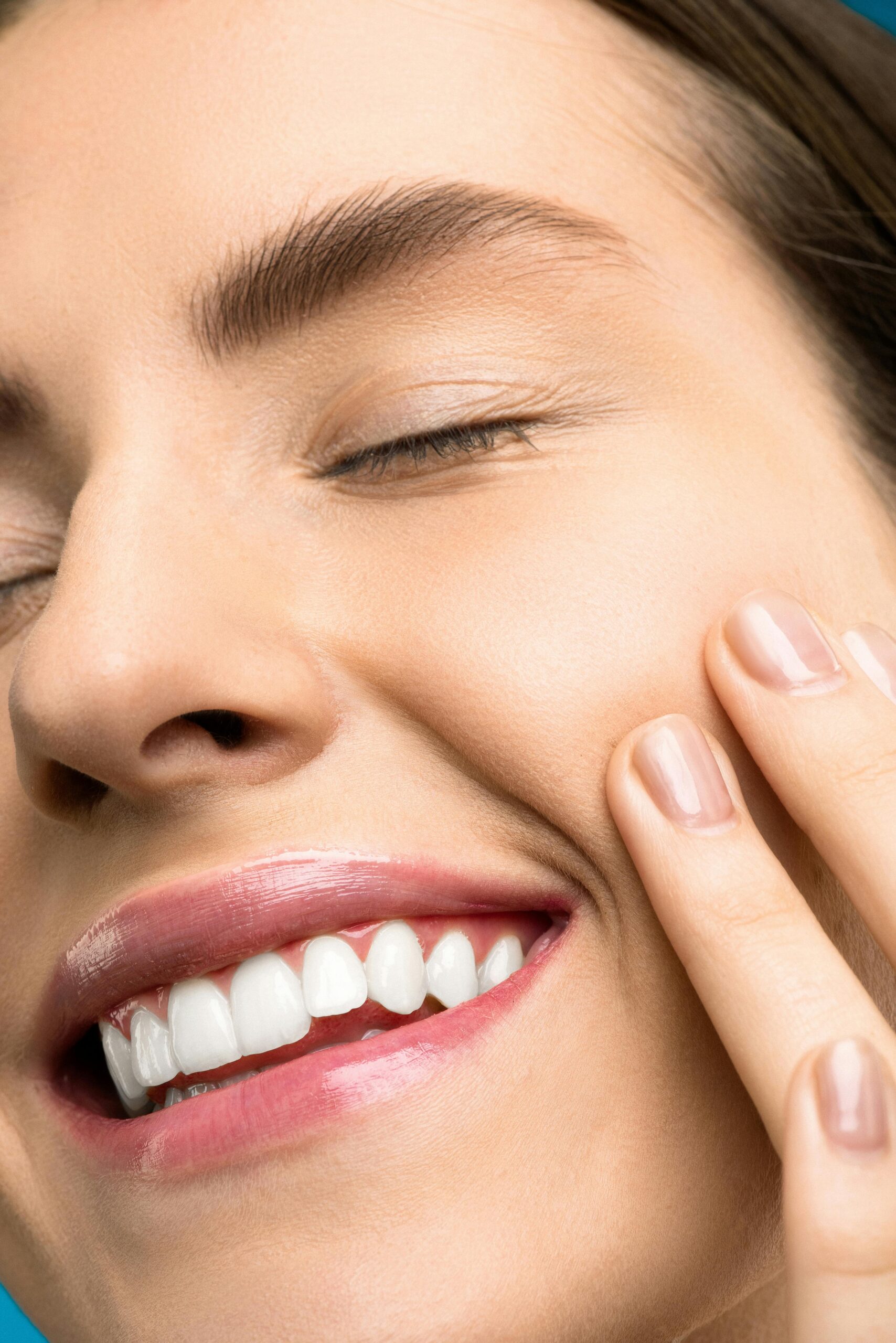Complete Dental Care Studio
Your best oral health experience

Highly acclaimed
expert care team
Welcome to Gravity Dental Poly Clinic, a family-centered facility dedicated to providing exceptional care.
Our approachable and flexible team tailors treatments to meet each patient’s unique needs. We prioritize hospitality, treating every patient with the same warmth and respect as our guests.
At Gravity Dental, you arrive as a guest and leave as a friend.

About Us
Your trusted destination for comprehensive and personalized dental care

Services
Every journey is unique, every smile tells it





Smile Gallery
Insurance accepted
Our practice partners with most dental insurance providers and processes billing directly, ensuring a professional and seamless experience comparable to a traditional dental office.






Safety first
We prioritize safety through health checks, contactless check-in, advanced PPE, and additional precautions.
Insurance accepted
We’re in network with major insurers like tabby, inayah, fazaa, gig, nas & enaya.
Comprehensive dental care
We offer a wide range of dental services, from routine exams to implants and veneers.
Insurance
EXCELLENTTrustindex verifies that the original source of the review is Google. Had a great experience. Thank u DocTrustindex verifies that the original source of the review is Google. Geninune doctors who doesn't scare you and say what exactly needs to be done.Trustindex verifies that the original source of the review is Google. Fantastic experience at the clinic Was made to understand the total process and it’s pros and cons Totally satisfied with the procedure and also the end resultTrustindex verifies that the original source of the review is Google. A really professional and friendly dental clinic where Dr Rajeshwari checked my teeth and did the needful with zero discomfort and pain. The whole visit was very smooth and comfortable from the moment I entered the clinic.Trustindex verifies that the original source of the review is Google. Without any hesitation, I will recommend this dentist and dental clinic for very warm personalized and knowledgeable service at a very reasonable price. Thank you doctor for fixing my denture .Trustindex verifies that the original source of the review is Google. Beautiful clinic and highly skilled professionals. This is one place you can just relax on the dental chair and trust the doctors to do the needful. Got my wisdom teeth removed. Happy to be in safe hands. Just another highly satisfied client. ????Trustindex verifies that the original source of the review is Google. Dr. Rajarajaeswari of Gravity Clinic in Al Nahda is a highly skilled and professional dentist. Having visited her recently, I was thoroughly impressed with her expertise and the quality of care she provided.Trustindex verifies that the original source of the review is Google. I have been to this clinic. Right from the ambiance, the Doctor and treatment , everything is amazing. Dr Suresh Kannan was my doctor and I would say he's the best I know of. I had a wisdom tooth removed without any pain or swelling even after the surgery. Thank you Doctor. I'm glad I found this place and you :)Trustindex verifies that the original source of the review is Google. One of the best dental office in town. Friendly staffs and caring doctors. Highly recommended. Had a very pleasant experience, the ambience was nice and the hospitality was great.
Sleek, modern, and spotless
Experience dental care in a serene setting equipped with cutting-edge technology, meticulously sanitized for your well-being. Enjoy the convenience of direct appointments, ensuring ease and a hassle-free visit. Our approachable doctor and friendly staff prioritize your comfort, so you never have to wait in long queues. Your smile, our commitment!


